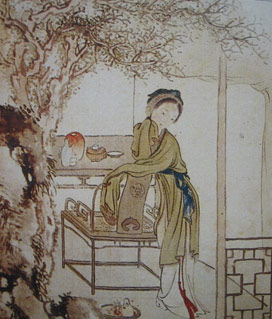 The Hunger Games by Suzanne Collins is a gripping read and the first in the trilogy of books. There was recently a popular movie produced of this book. Through reading The Hunger Games in Chinese you can improve your Chinese language skills as well as reading for pleasure. The Hunger Games is a publishing phenomenon similar to Twilight and has attracted readers all over the world. We at Chinese Bookstore are one of the few places in the English speaking world to sell the Hunger Games in Chinese.
The Hunger Games by Suzanne Collins is a gripping read and the first in the trilogy of books. There was recently a popular movie produced of this book. Through reading The Hunger Games in Chinese you can improve your Chinese language skills as well as reading for pleasure. The Hunger Games is a publishing phenomenon similar to Twilight and has attracted readers all over the world. We at Chinese Bookstore are one of the few places in the English speaking world to sell the Hunger Games in Chinese.
The Hunger Games tells the story of 16-year-old Katniss Everdeen, who lives in a world in the country of Panem (which used to be North America). The Capitol (the city at the centre of her universe) holds the Hunger Games annually to discourage people from rebelling against their power.
One boy and one girl aged 12 to 18 from each of the 12 districts surrounding the Capitol are selected by lottery to compete in a televised battle until only one person is left.
Although The Hunger Games is designed for teenage readers, it may not be suitable for some readers due to the levels of violence included. The Hunger Games is a gripping battle for survival.
We are also selling the other books by Suzanne Collins in our Chinese bookstore.








